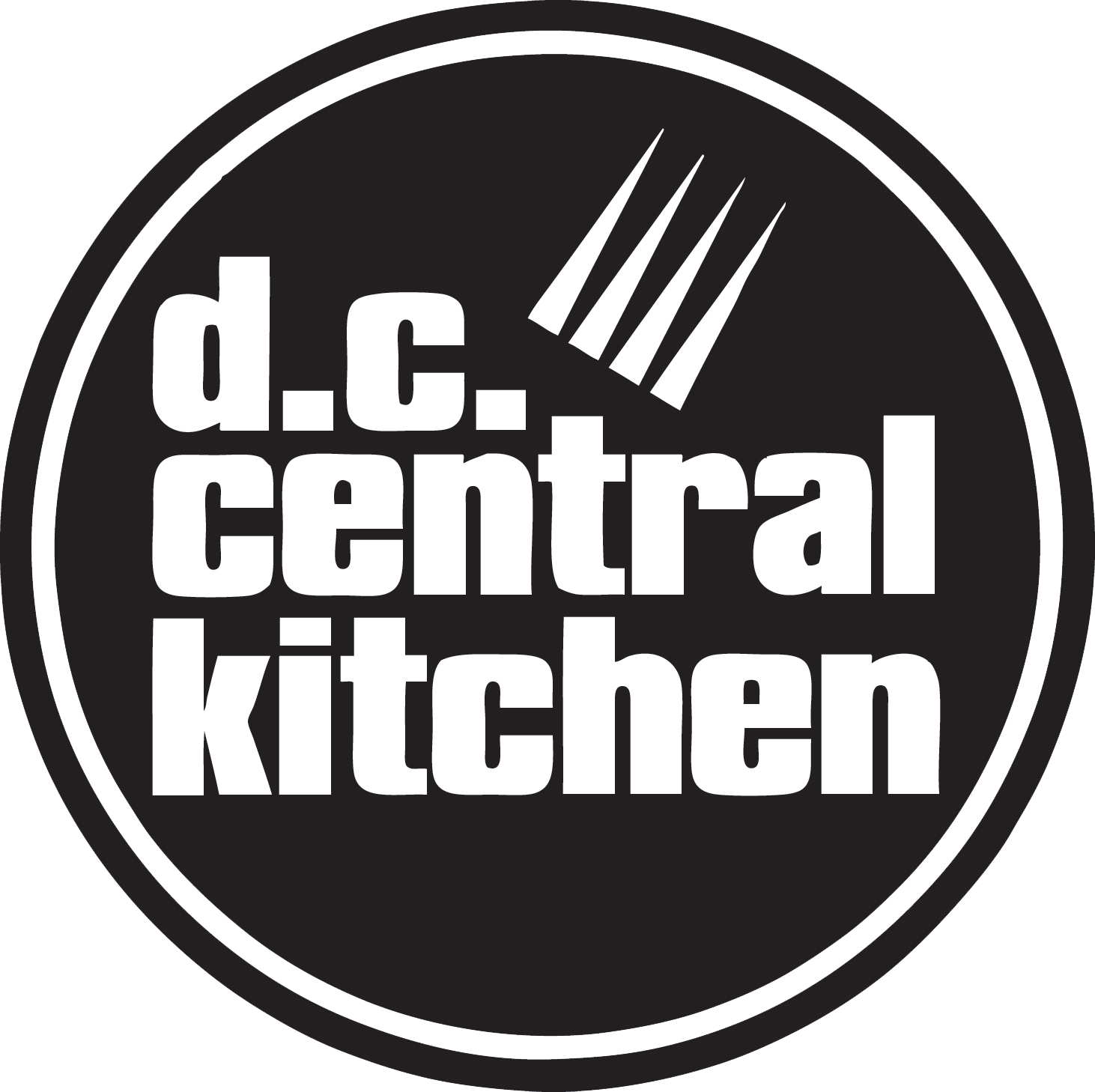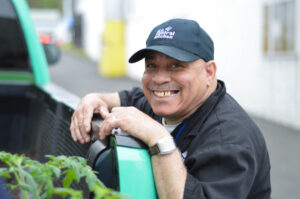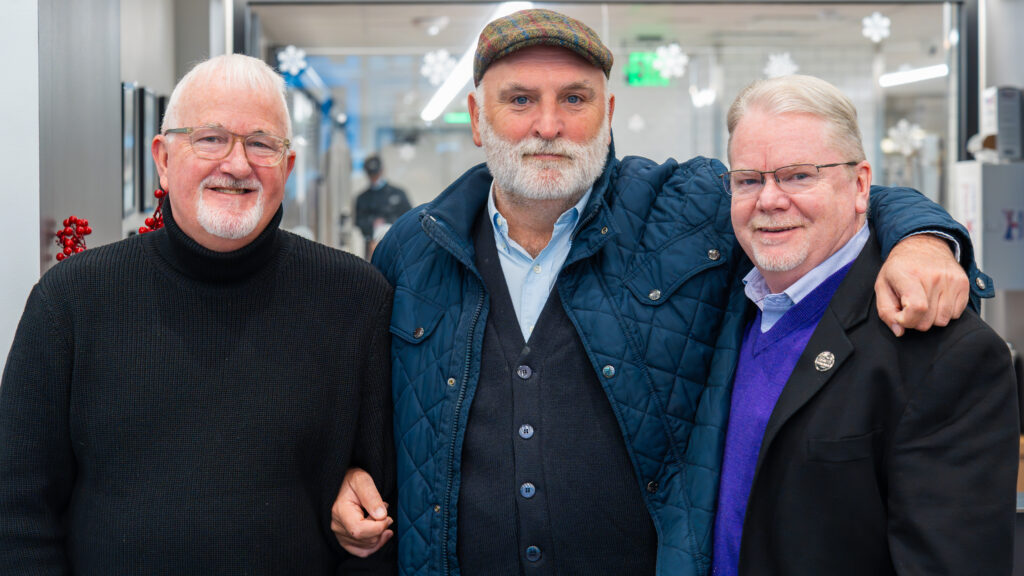
- About
- Programs
- Catering & Cafes
- Get Involved
-
-
Get Involved

-
-
-
-
- Contact
- Donate
Thirty-five years ago today, a young nightclub manager named Robert Egger recovered his first trays of leftover food from the Presidential Inauguration and used that surplus to provide critical meals to his homeless neighbors in DC. That was the first time Egger would drive a van marked DC Central Kitchen around town while telling the world about how America’s first ‘community kitchen’ would turn the traditional, transactional soup kitchen model on its head.
It was also the first day that Egger received calls from the community, who read about DC Central Kitchen in the paper, urgently asking for food assistance—for themselves, for their parents, for their elderly neighbors. The scope and diversity of need was more than he had ever imagined. He realized then that no single feeding program, no matter how innovative it was in how it recovered, sourced, or served food, could “solve hunger.”
Today is not only the anniversary of DC Central Kitchen’s official beginning. It’s the anniversary of the day we devoted ourselves to fighting, every day, to put ourselves out of business. By the end of its first day, DCCK was committed to eliminating the very need for hunger relief programs like ours—or to go out of business in the boldest possible attempt.
That commitment—which manifests itself each day through our pioneering work with culinary job training, job-creating social enterprises, and practicing advocacy that has reshaped food policy and public narratives here in DC and across the nation—makes it pretty hard to celebrate an organizational anniversary.
That’s why DC Central Kitchen chose to spend our 35th anniversary honoring the many seen and unseen commitments of the volunteers, front-line and behind-the-scenes staffers, food donors, restaurant industry partners, and other community allies who have made our success possible through the years. We gathered in our long-awaited new headquarters, the Klein Center for Jobs and Justice, with 100 of these devoted partners in our efforts to fight hunger differently.
The morning began with remarks from DCCK Board Treasurer Leticia Proctor, representing the hundreds of volunteer Board Members who have guided and encouraged us through the years. Ward 6 Councilmember Charles Allen was next, sharing a Ceremonial Resolution from the DC Council highlighting some of our achievements through the years—including 49 million meals served, 36 million pounds of food recovered, and 2,200 people trained for culinary careers.
Then, our CEO Mike Curtin moderated a panel on the history, legacy, and future of DC Central Kitchen featuring the unique perspectives of our founder Robert Egger, Chief Knowledge Officer Dr. Beverley Wheeler, Donohoe Hospitality President Thomas Penny, and long-time DCCK volunteer and Board Chair emeritus José Andrés.

Pictured from left to right is DCCK Founder Robert Egger, Chef José Andrés, and DCCK CEO Mike Curtin
Recalling the early days of DC Central Kitchen, Robert Egger shares, “I was a volunteer who just thought there was a more practical way to feed more people better food for less money. Every charity I went to was so wedged to their system that they wouldn’t budge.”
Decades after first discovering the Kitchen as a young volunteer chef, Chef Andrés made an incredible announcement at the end of the program, adding that he would be expanding his philanthropic commitment to our Healthy Corners program to $1 million. José shared why he continues to support DC Central Kitchen. “Why I keep coming back and keep helping, because DC Central Kitchen has become this place with one very simple idea, food is love, food is dignity, and you’ve been doing it for 35 years my friends.”
As we embark on our 35th year of fighting hunger differently, DC Central Kitchen would like to sincerely thank everyone who has been a part of our efforts since 1989. Together, we have shown up for our city for more than 12,700 consecutive days. Thanks to you, we’re ready to do more than ever before, until the day our city doesn’t need us.